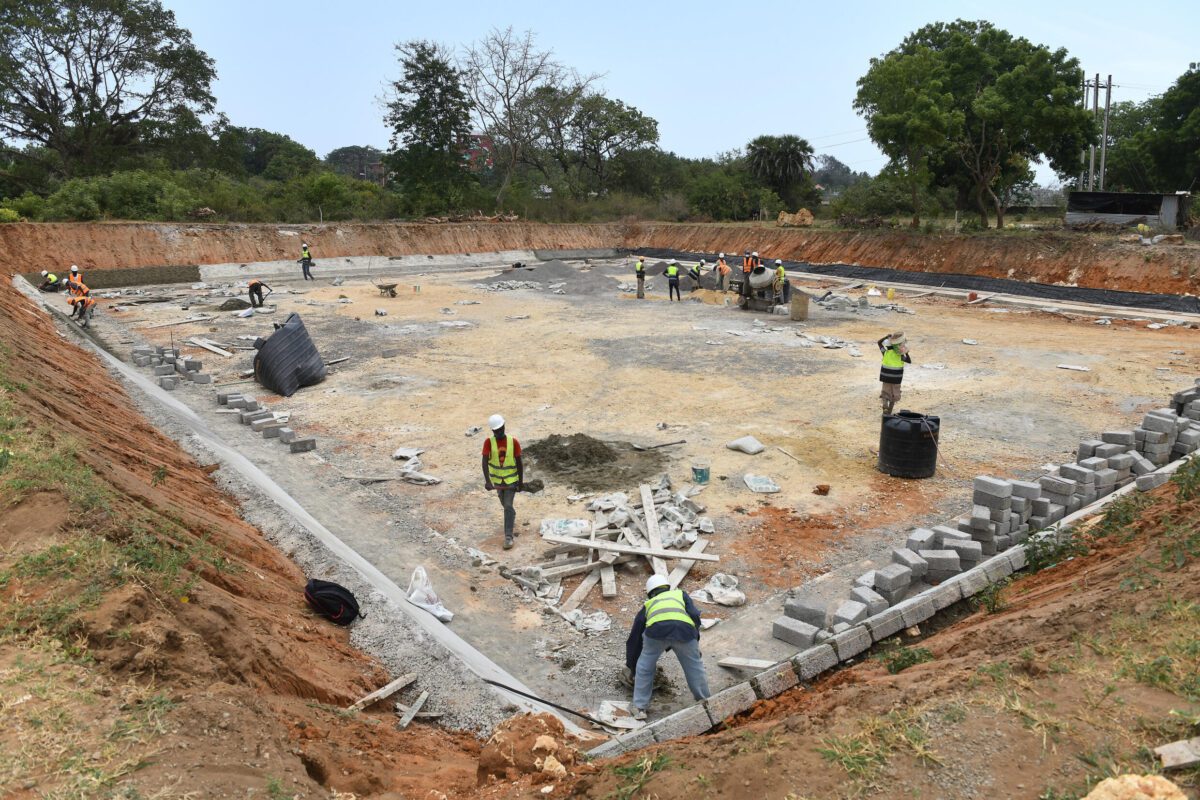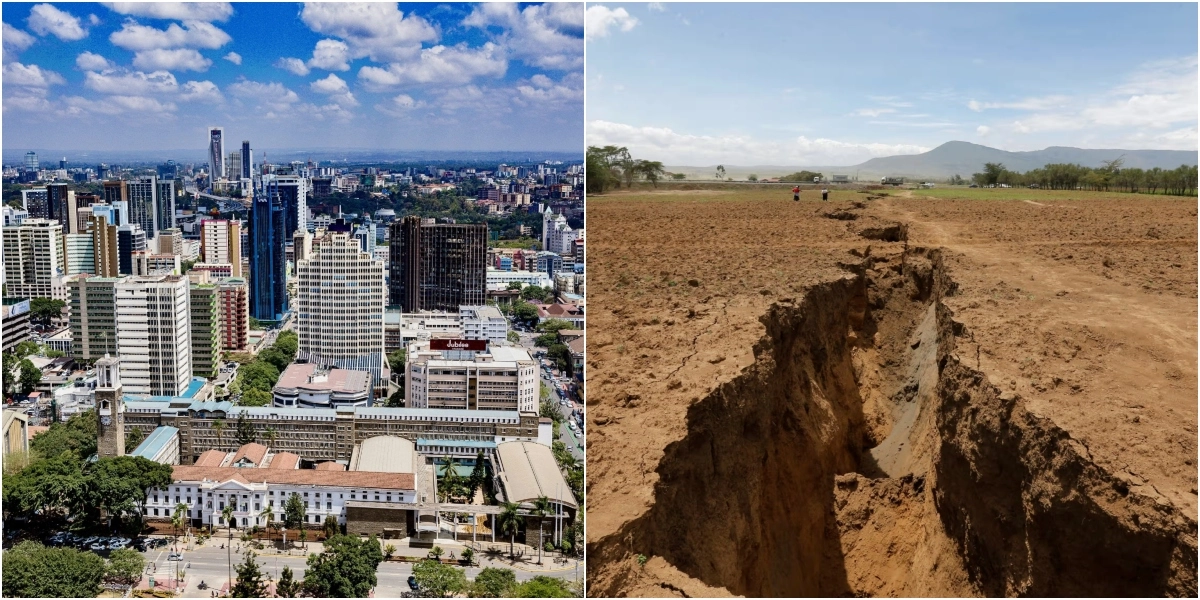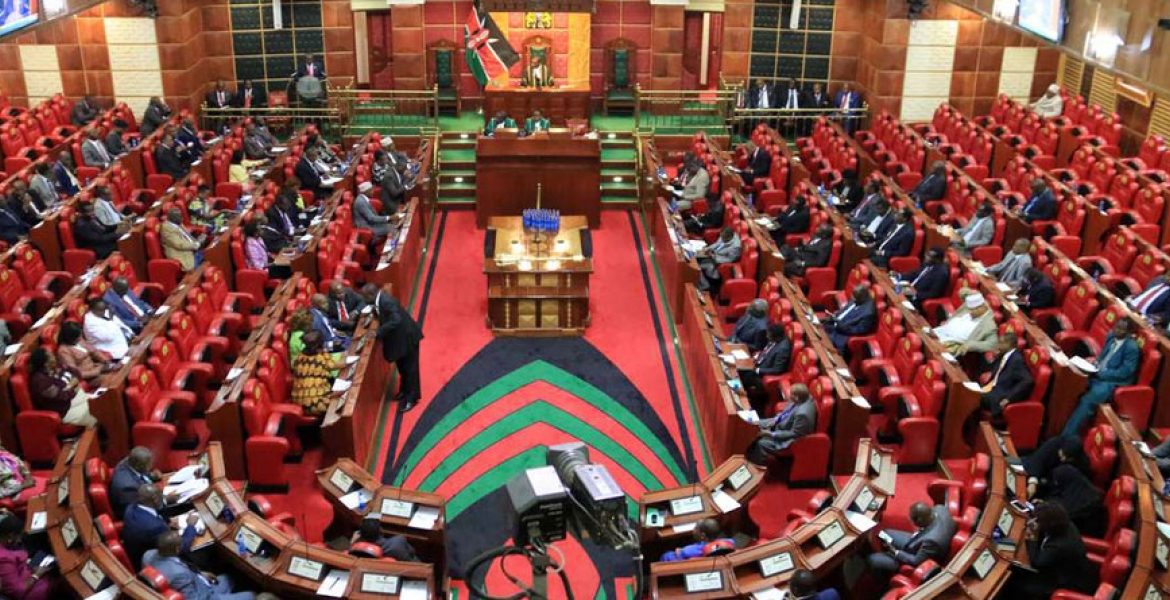To Echo the Sentiments of António Guterres, UN Secretary-General, Making peace with nature is the defining task of the 21st century. It must be the top, top priority for everyone, everywhere. As a result, Nature-based solutions to help combat environmental degradation and climate change are highly encouraged around the world.
The Shimo la Tewa Prison in Shanzu, Mombasa County, has undergone a remarkable transformation with the successful implementation of a nature-based wastewater treatment system. The newly constructed wetland now processes the prison’s daily output of 300–400 cubic meters of wastewater, significantly improving local water quality and ecosystem health.
Prior to this intervention, the prison’s wastewater management was in a dire state. The facility’s collapsed septic system led to untreated sewage flowing into Mtwapa Creek and the Indian Ocean, posing severe environmental and public health risks. The effluent threatened local fishing grounds, tourism hotspots, and the pristine reefs of Mombasa’s marine park, resulting in abandoned government lodgings and a deteriorating quality of life in the surrounding areas.
In response to this crisis, a collaborative project was launched to introduce an innovative wastewater treatment solution. The project, led by the Kenya Prison Service (KPS), the Kenya Marine and Fisheries Research Institute, and the National Environment Management Authority, focused on constructing wetlands that mimic natural water filtration processes.
The wetland system utilizes locally available vegetation, including Typha grass, Cattail, Flat sedge, and Vetiver grass, to filter and clean the wastewater. This sustainable approach not only treats the wastewater but also enables the reuse of treated water for agricultural irrigation and aquaculture, fostering food security within the prison.

Since the construction of the wetland, water quality in the Mtwapa Creek and surrounding marine areas has shown significant improvement. Key indicators of water quality, such as total suspended solids, nitrates, ammonia, nitrogen, and total coliforms, have drastically reduced to meet environmental standards. For instance, total suspended solids decreased from 2,304 mg/L to just 6 mg/L, reflecting the wetland’s efficiency in purifying the wastewater.
The benefits of this project extend beyond environmental impact. The prison facilities, including bathrooms and toilets, have been upgraded, and new water storage and irrigation systems are being constructed. The treated water will soon support the cultivation of crops on 45 hectares of farmland and the establishment of a fishpond, enhancing food security and nutrition for the prison population.
The project also promises broader benefits for the local community. Improved water quality in Mtwapa Creek is expected to boost fish populations, aiding the livelihoods of the 300–500 local fishers. The enhanced ecosystem health will attract more tourists to the area, benefiting the local economy.
KPS has ensured the sustainability of this project by training 14 staff members in the operation and maintenance of the wetland, producing an operations manual, and committing to ongoing budgetary support.
Looking ahead, the project aims to further enhance sludge management by constructing a sludge-drying bed, potentially producing biomass briquettes. There is also an ambitious plan to transform the wetland area into a recreational park, providing a new green space for the community.
By showcasing the success of this constructed wetland, the project leaders hope to inspire similar initiatives in the hospitality sector and educational institutions across Kenya. This innovative approach not only addresses immediate sanitation issues but also promotes sustainable practices that benefit both the environment and local communities.
The Shimo la Tewa Prison’s constructed wetland project stands as a beacon of sustainable development, demonstrating how nature-based solutions can address complex environmental and social challenges. With continued commitment and support, this model has the potential to be replicated and scaled up, bringing lasting benefits to many other regions.



































